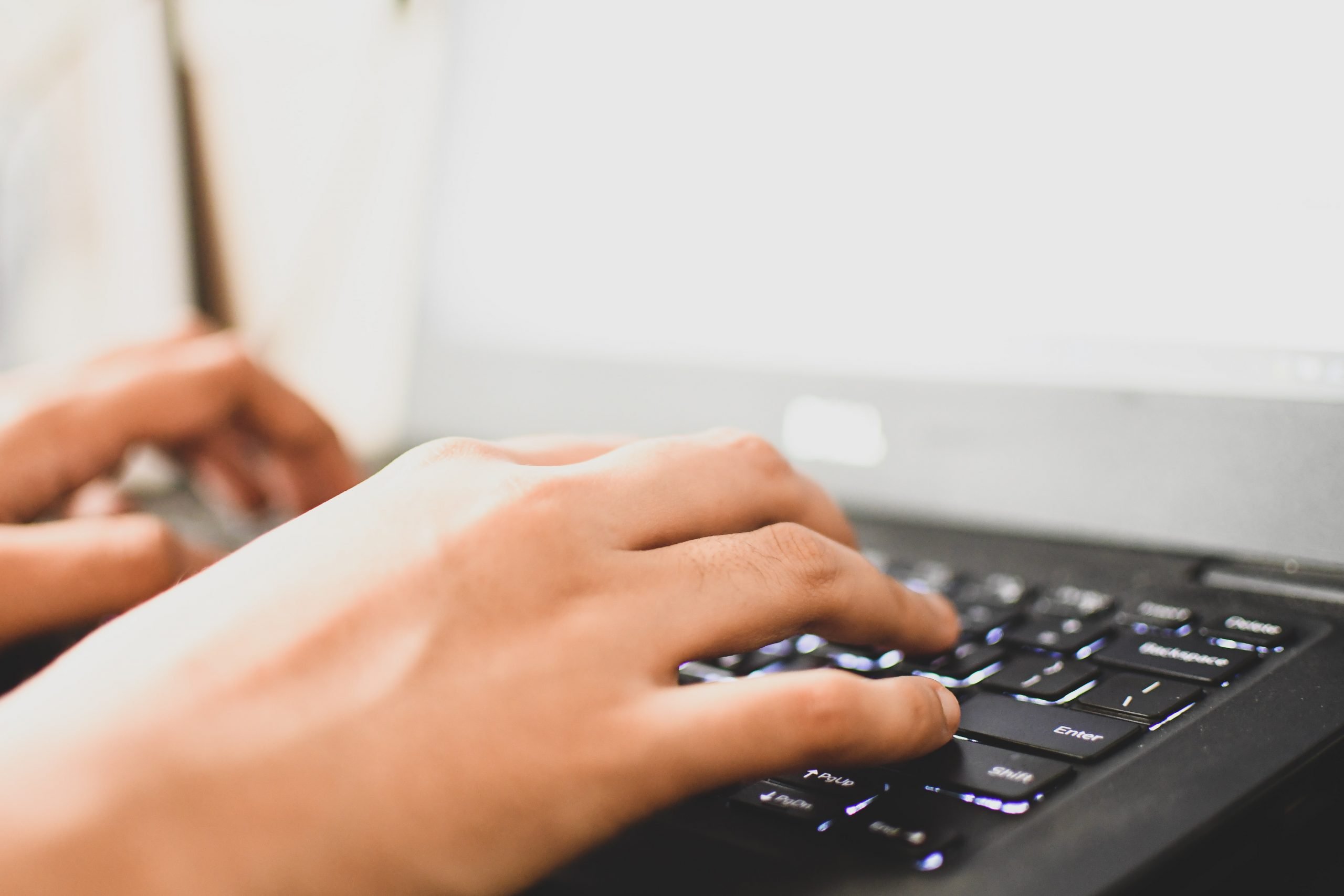We live in an era where the interest in cryptocurrencies and other digital assets is at an all-time high, leading to several new investors starting their journey as crypto investors. Many of these newbie investors will most likely use a crypto exchange platform to make their investments. While crypto exchanges can help you buy or sell assets much like any other investment exchange, there is so much more you can do with your valuable cryptocurrency investments. Although there is no harm in using a crypto exchange, the ideal approach is always to save your crypto assets in a self-custody wallet, similar to how you’d with your physical wallet.
In this blog, let us understand what a self-custody wallet is and why you should be using it for all your crypto-related transactions.

What is a self-custody wallet?
A self-custody wallet is a platform that keeps your digital assets safe. It uses private keys to help you securely access, store and transact your blockchain-based assets. Each private key is unique and has its own public key, known as the wallet address. These public and private keys are used together to transact on the blockchains and are thus highly secure and simple. This is called ‘self-custody’ since only you know the private key, thereby allowing you to control and monitor all your crypto transactions without the need for any intermediary like a bank.
Types of self-custody wallets
Now that we have touched upon what a self-custody wallet is, let us explore the different types of self-custody wallets that you can use. Each differs based on the functionality and how you can get access to your digital assets.
Hardware Wallet
One of the most popular ways to transact in cryptocurrencies is the hardware wallet. It is a physical device, which can be a hard drive or even a USB pen drive, that allows you to store your private keys securely and gives you the flexibility to use it on any computer. Furthermore, since the wallet uses a desktop-based app to transact and the entire information is securely stored on your device, it is incredibly safe.

Mobile Wallet
One of the most convenient and easy to use wallets is the mobile wallet, which can be accessed via apps on your smartphone. Mobile wallet platforms use iOS, Android or other platforms and have the private key generated and stored on your device, ensuring that only you can access it.
Desktop Wallet
As the name suggests, a desktop wallet is a software installed on your desktop or laptop. It is highly secure since it can only be accessed through your device, with a private and public key generated on your device. Although it is a little more complex than a mobile wallet, it provides strong security.

Paper Wallet
If you see most modern movies, you’ll notice how most protagonists store their crypto keys and passwords in paper form, hidden from plain sight by keeping the paper in a hidden chamber, jewellery or smartwatch. A paper wallet is a physical paper copy or printout of your public and private keys. Using this information, you can type in your public and private keys when transacting or accessing your crypto asset, and it is safe in case you forget your key since you can always have the printout with you.
Final thoughts
There are innumerable ways to store crypto, very much like any other currency, which could be in a safe bank or safely in your wallet. However, self-custody wallets are a must, primarily if you don’t just invest in cryptocurrency but plan to transact or accept cryptocurrency payments. The best part of having a self-custody wallet however, is the ability to trade crypto-to-crypto or fiat-to-crypto (e.g. USD to Bitcoin or vice versa) using a direct medium of exchange. Crypto OTC (Over-the-counter) trading platforms are ideal for this type of trade, as it helps you and the other party safely make buy or sell your crypto assets, without the need for an intermediary.

So trade safely, and make sure that when you set up your self-custody wallet, you keep the private and public keys in a safe but accessible location. The key is the only way to access your crypto assets, and not even the platform creators have any access to your data.
Disclaimer: No Investment Advice The contents of this article are for informational purposes only and are not intended as, and shall not be understood or construed as, investment advice, financial advice or trading advice. There are substantial risks associated with the trading of cryptocurrencies and you should consult with a licensed financial advisor prior to making any trading or investment decisions. Content Not Warranted The contents of this article are provided “as is” and without warranties of any kind. You bear all risks associated with the use of the content provided including without limitation, any reliance on the accuracy, completeness or usefulness of any content available within this article.


